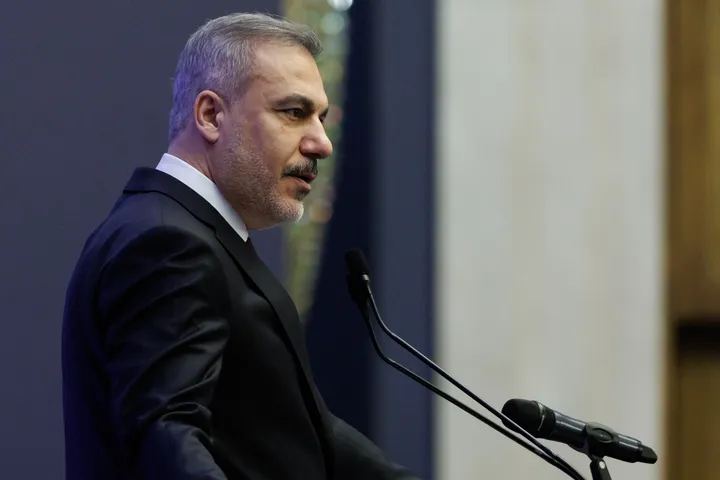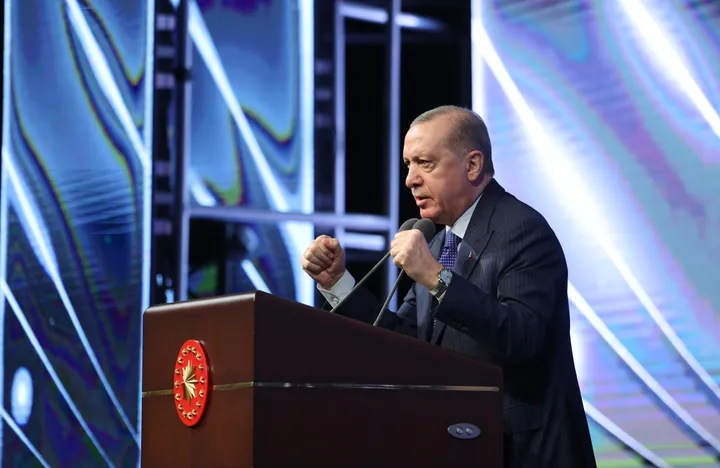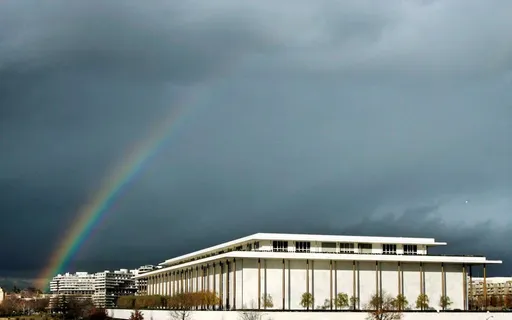In 1971, Türkiye faced a challenging period marked by political unrest and economic turmoil. The country was grappling with rising social tensions, ideological divisions and a struggling economy. Against this backdrop, the Turkish military issued a memorandum on March 12, marking its second intervention in the history of the Republic of Türkiye.
It was effectively a coup. But it was unique in that instead of using tanks and troops to seize power, the military issued a memorandum, demanding the government to restore order and implement certain reforms. Left with no other option, the government of the time, led by Prime Minister Suleyman Demirel, complied with the demands and resigned from office. A new government, led by a technocrat, was appointed to restore order and stability.
With the memorandum, the Army actually wanted to say that no matter how much public support a democratically-elected government might have, they were the real owners of the country. And that from then on, they were ramping up the possibility of a take-over by a military-guided State power. No longer could a government with a popular majority represent the country on its own, giving rise to a two-headed power structure. In fact, the rule of the majority party would, henceforth, come under the control of the State, which would be under military control. Any government would only be possible within the rules set by soldiers and the limits they would allow.
"This two-headed structure of power, which emerged with the March 12 ‘indirect’ coup, would also be strengthened by the military coup of September 12, 1980," says Celalettin Vatandas, professor of history at Suleyman Demirel University.
The aftermath of the coup saw a period of military rule, during which political parties were banned and their activities severely restricted. The coup also resulted in constitutional changes aimed at bolstering the military's role in Turkish politics, and at restricting the influence of political parties. But with the military intervention continuing to be a source of tension, Türkiye faced several more coups in the following decades.
The memorandum was delivered in the backdrop of escalating domestic strife, with the military citing concerns about the deteriorating state of the country and the need for swift action to restore order and stability. However, despite the military's intervention, the underlying issues plaguing Turkish society persisted, as the memorandum did little to resolve those.
After the 1971 intervention, members of political parties, trade unions and political associations, all of which had been established according to the 1961 Constitution, were brought to court and convicted, while the boundaries of citizens' freedoms were redefined.
Effectively, the 1970s constituted a period of powerless "governments" and constricted political space. There were 12 governments that assumed power in the next 10 years, the average duration of which didn’t even reach one year.
In an environment where "statist elites" had doubled down and governments were unable to work freely, the social order descended into terror and chaos. The government complained about the situation created by the process the Army had built. "Then, on the morning of September 12, 1980, the Army stopped the 'game' again," Vatandas adds.
While the 1971 memorandum did not result in the immediate ousting of democratically-elected governments, it had a lasting impact on Turkish politics, underlining the military's role as a powerful political actor, and its willingness to intervene in civilian affairs, ostensibly to protect the country's interests.
In the years that followed, Türkiye would experience further political upheaval, including the 1980 coup, which had far-reaching implications for the country's political landscape. Despite the military's efforts to address the challenges facing Türkiye in 1971, the underlying issues continued to simmer, ultimately leading to further unrest and instability in the years to come.
“It is also possible that there was an external factor influencing the 1971 indirect coup. Around this time, some factories had been established in Türkiye with the encouragement of the Soviet Union, which America [the US] disliked. So it is possible that the Army had been greenlighted by the US before it carried out the coup," says Vatandas.
Damage to democracy
The history of the 20th century is littered with instances of coups that inflicted lasting damage on democratic systems worldwide, leaving behind a trail of destruction that has undermined the very foundations of democracy. These violent seizures of power often result in the erosion of civil liberties, suppression of dissent and the dismantling of democratic institutions, plunging nations into chaos and uncertainty.
One of the most devastating impacts of coups is the erosion of trust in the democratic processes and institutions. When a democratically-elected government is overthrown by force, it undermines the legitimacy of the electoral process and shakes the confidence of citizens in their government. This loss of trust can have long-lasting effects, making the rebuilding of democratic institutions and restoration of faith in the democratic system a difficult task.
Coups also have a profound impact on human rights and civil liberties. In the aftermath of a coup, there is often a crackdown on the political opposition, media freedom and civil society. Dissidents are often arrested, tortured or killed, and basic rights such as freedom of speech and assembly are curtailed. This erosion of rights not only violates fundamental democratic principles, but also creates a climate of fear and repression that stifles dissent and undermines democracy.
Economically too, coups can have devastating effects. The instability and uncertainty that follow a coup can deter foreign investment, disrupt economic activity and lead to widespread poverty and hardship. The loss of stability can also lead to a decline in government services and infrastructure, further undermining the well-being of citizens.
Coups can also have a long-term effect on political culture. The normalisation of coups as a means of political change can lead to a cycle of instability and violence, making it difficult to establish a democratic system based on the rule of law. This erosion of political culture can have far-reaching consequences, creating a legacy of distrust and division that can take generations to overcome.
























